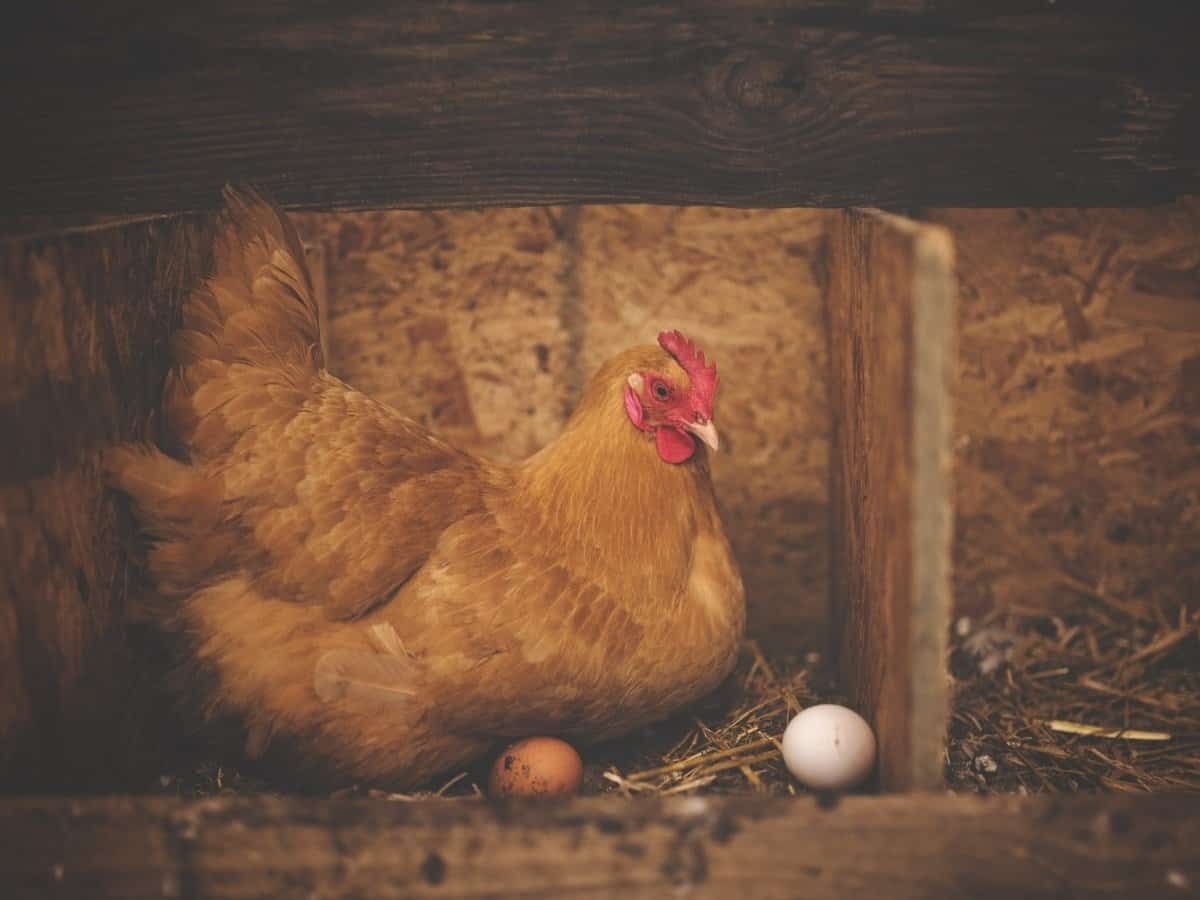Keeping hens on nest is an important part of successful chicken husbandry practices, as it can lead to maximized egg production. In order to maximize egg production in hens, it is important to understand the necessary steps that need to be taken to ensure a healthy and productive flock. This article will discuss the best practices for keeping hens on nest and optimizing egg production with proper husbandry techniques.
Benefits of Hens on Nest
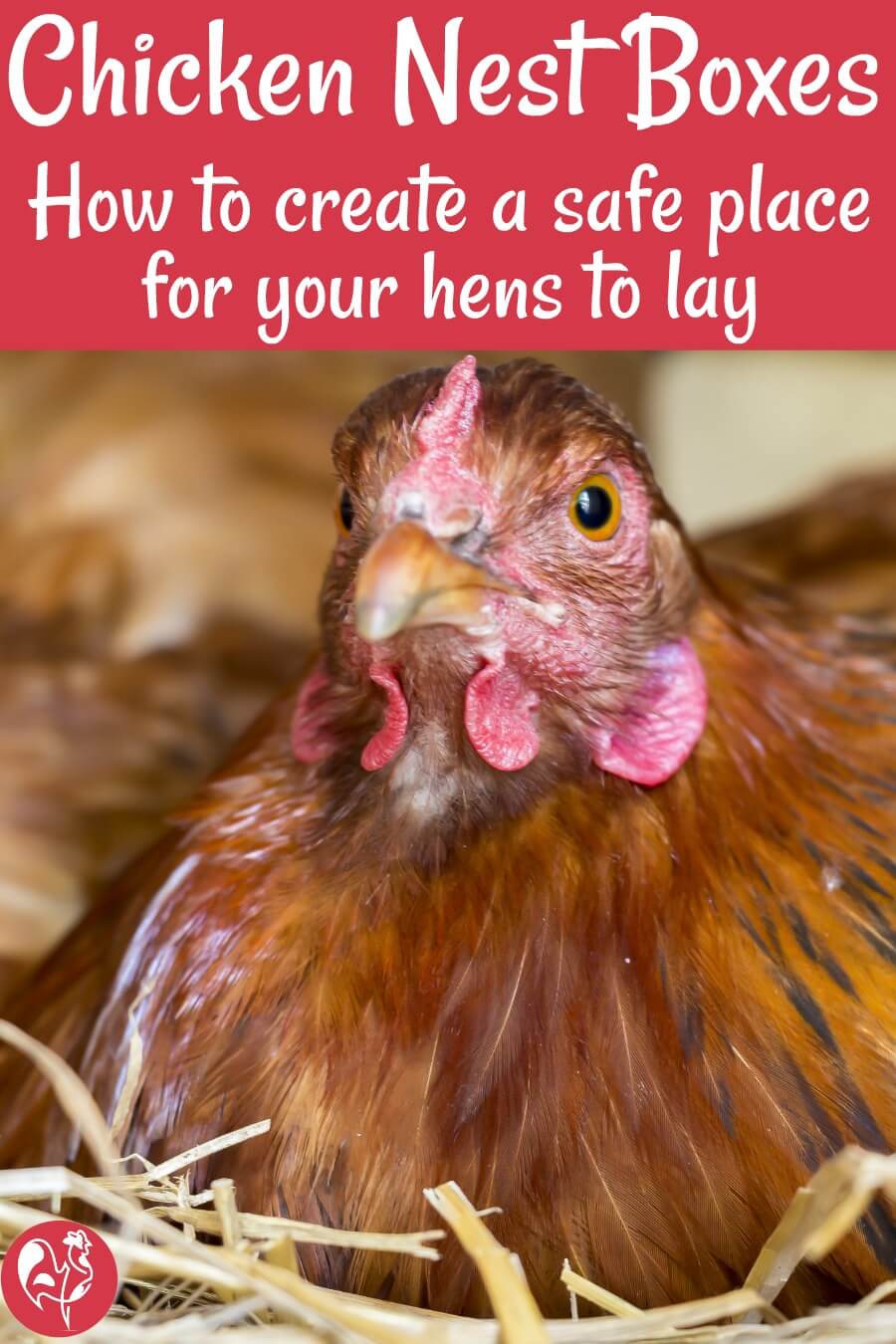
Improved Egg Production
Keeping hens on the nest provides a more comfortable and secure environment for egg production. It reduces the likelihood of eggs being destroyed or soiled, which can lead to increased egg production. Hens on the nest also benefit from a more consistent temperature, which can result in more regular egg production.
Reduced Stress
When housed in a nest, hens are able to move freely and find a comfortable spot for egg production. This reduces the stress levels of the hens, which leads to improved egg production and improved health of the hens.
Improved Health
Hens on the nest are less likely to be exposed to bacteria, parasites and other health hazards. This reduces the risk of illness and promotes better overall health of the hens. This, in turn, leads to increased egg production and a more reliable egg supply.
Setting Up the Nest
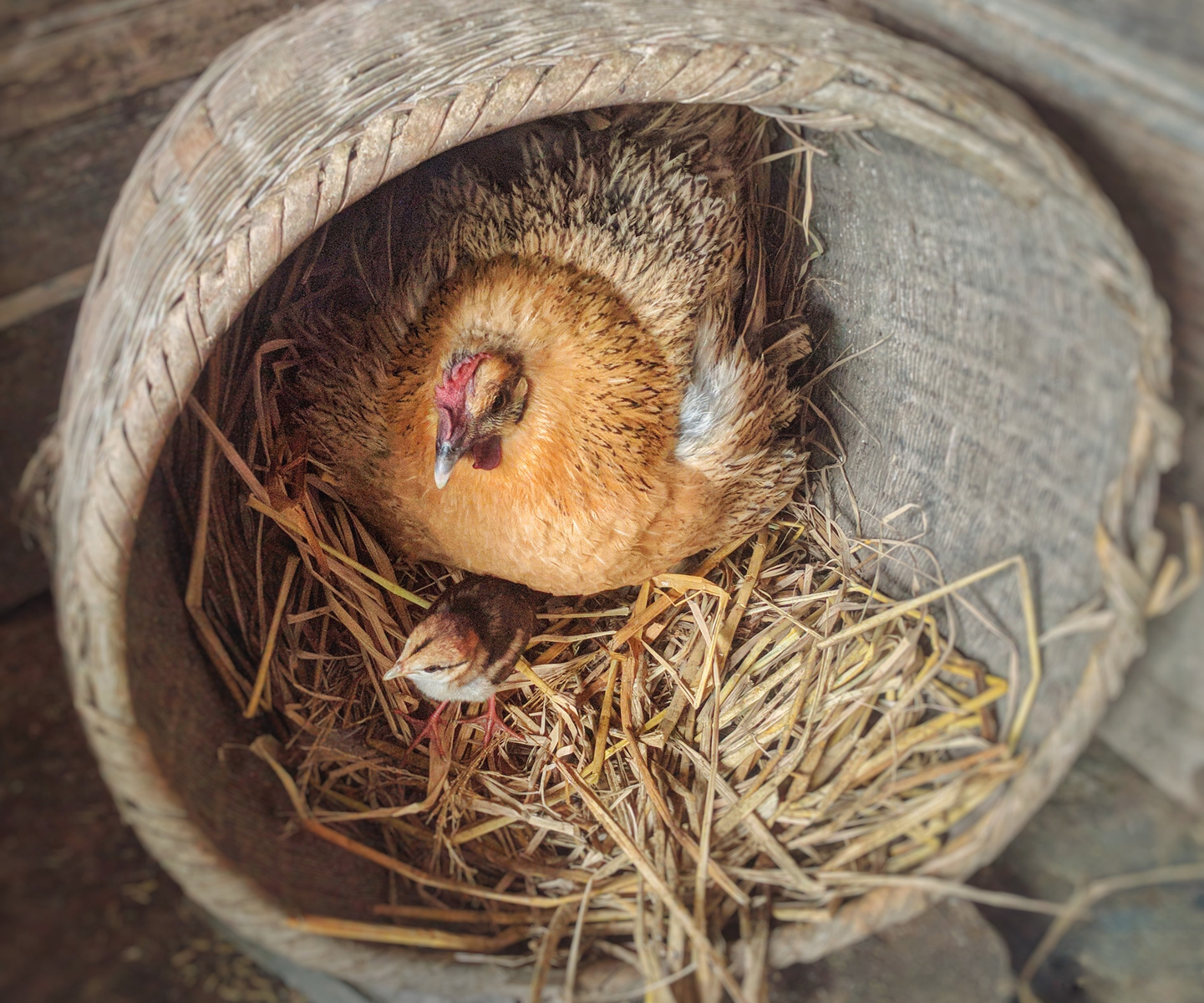
Size
The size of the nest is an important factor in hen husbandry. The nest should not be too small, as it will be uncomfortable for the hens. On the other hand, if it is too large, the hens may not feel secure. The ideal size of the nest should be between 1-2 feet in both length and width.
Location
When setting up the nest, it is important to choose a location that is quiet, dry and away from any potential predators. The nest should also be placed in an area that is not too hot or too cold, as this may affect the productivity of the hens.
Materials
The materials used to construct the nest should be of high quality. The most common materials used are wood, straw and metal. Straw is a great material as it is soft and comfortable for the hens. However, metal may be a better choice if the nest needs to be more durable.
Safety
It is important to make sure that the nest is safe and secure. To ensure this, the nest should have a lid or screen cover to protect the hens from predators. Additionally, it is important to ensure that the nest is well ventilated, as this will keep the hens cool and comfortable.
Overall, proper nest setup is essential for maximizing egg production in hens. By ensuring that the nest is the right size, in the right location, made of the right materials and is safe and secure, you can ensure that your hens are comfortable and productive.
Hen Management
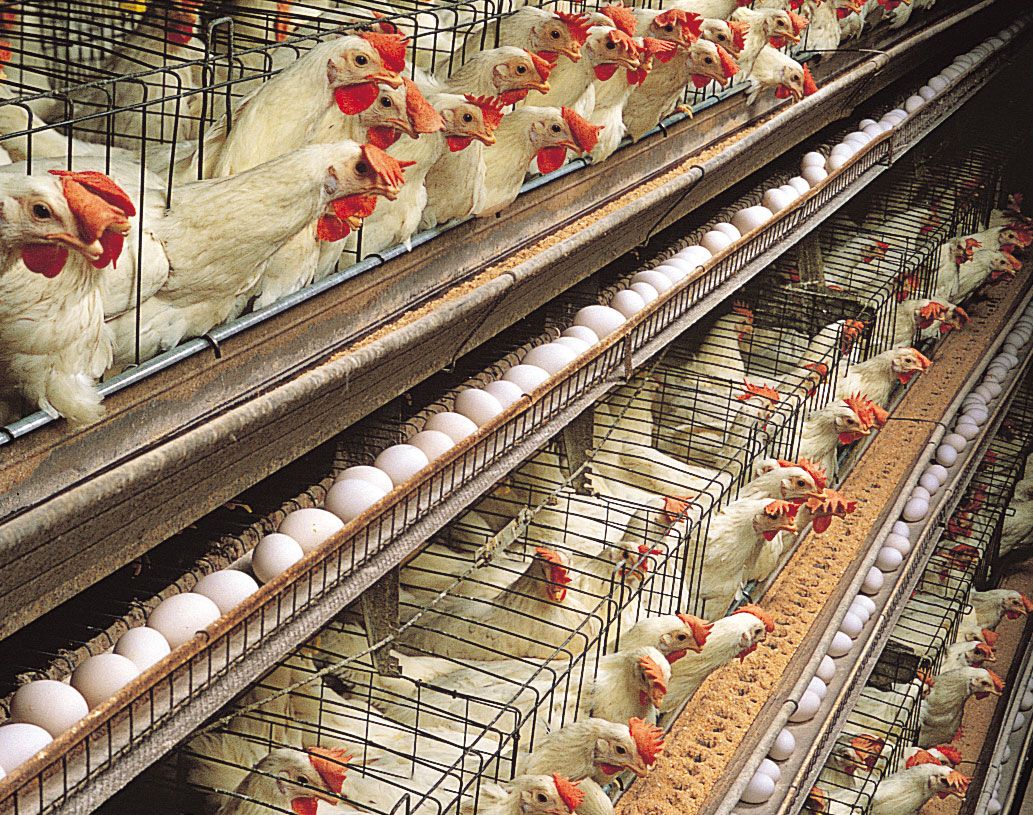
Feeding
Efficient egg production from hens requires that they are well-fed and nourished. A balanced diet of grains, minerals, and vitamins is essential for keeping hens healthy and producing eggs. It is important to provide the hens with enough feed in order to maintain the desired egg production. Additionally, providing hens with the right amount of calcium is essential for the production of strong eggshells.
Water
Hens need to have access to a continuous supply of fresh, clean water. The lack of water can reduce egg production, as well as lead to health problems in hens. As such, it is important to keep the water supply topped up and regularly checked to ensure that the hens have enough water.
Temperature
The environment in which the hens are housed is also an important factor in the production of eggs. In order to ensure optimal egg production, the temperature should be maintained at a comfortable level for the hens. A too cold or too hot environment can negatively affect their egg production. Additionally, the hens should be kept in a well-ventilated area in order to minimize the risk of disease.
Finally, by providing hens with a safe and comfortable environment, as well as adequate food and water, you can maximize their egg production and ensure that your hens on a nest are producing eggs at optimal levels.
Egg Collection and Storage
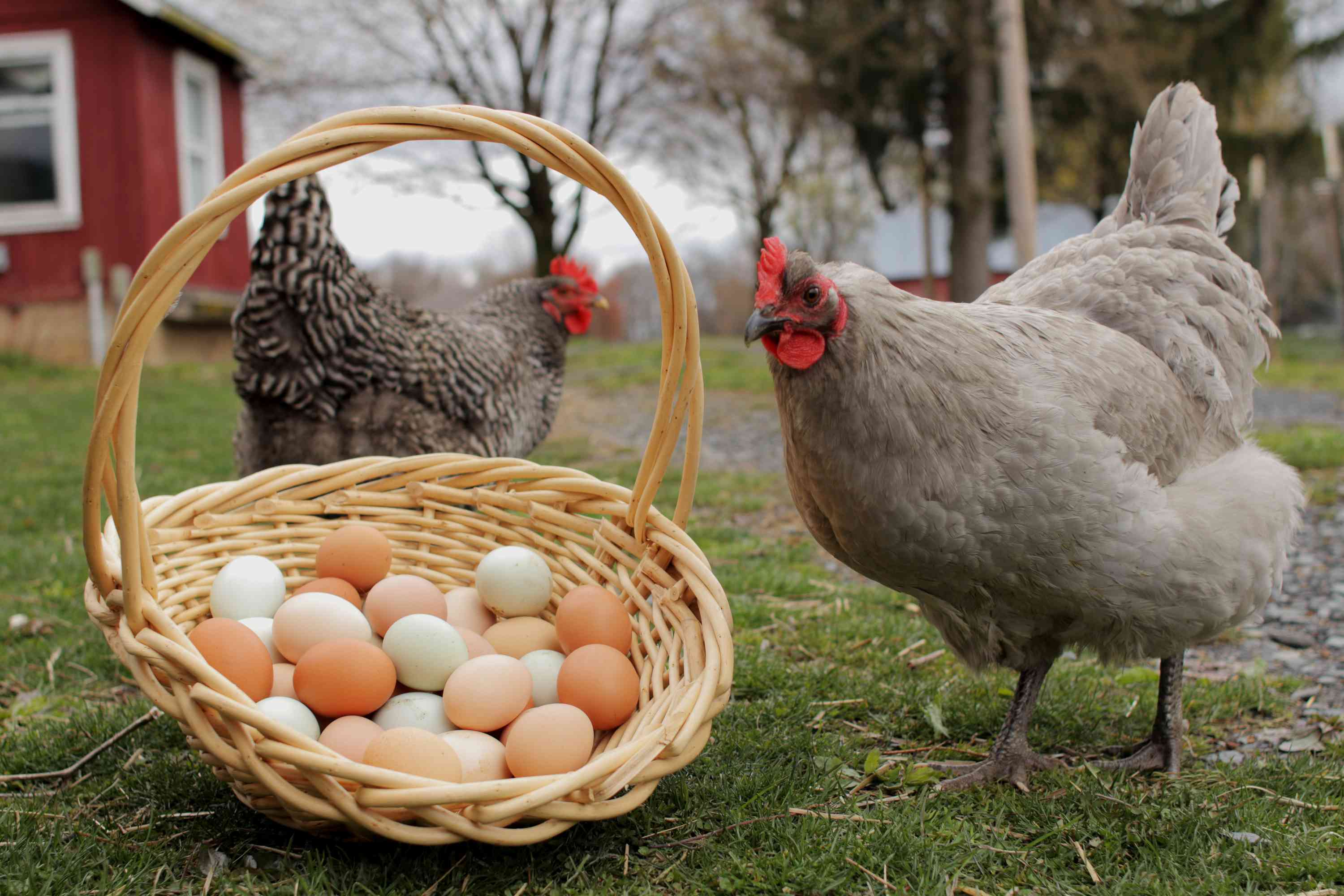
Eggs need to be collected daily to ensure that they remain in optimal condition. Eggs should be collected carefully to avoid damage, as cracked or broken eggs can cause contamination. After collection, eggs should be washed and inspected for any cracks, dirt or discoloration. Eggs that are not of top quality should be discarded.
Eggs should be stored at temperatures between 14°C and 18°C and at relative humidity levels of 75-85%. Storing eggs at low temperatures can cause a slow decline in egg quality and storage at temperatures higher than 18°C can lead to a rapid decline in egg quality.
Eggs should also be stored in clean, well-ventilated boxes or trays. Eggs should be stored in a way that reduces the risk of breakage and contamination. Eggs should not be stored in direct sunlight or near strong odours as these can cause contamination.
Eggs should be used within three weeks of collection, or they can be frozen for up to three months. Eggs should be labeled with the date of collection before they are stored.
Breeding and Care of Young Chicks
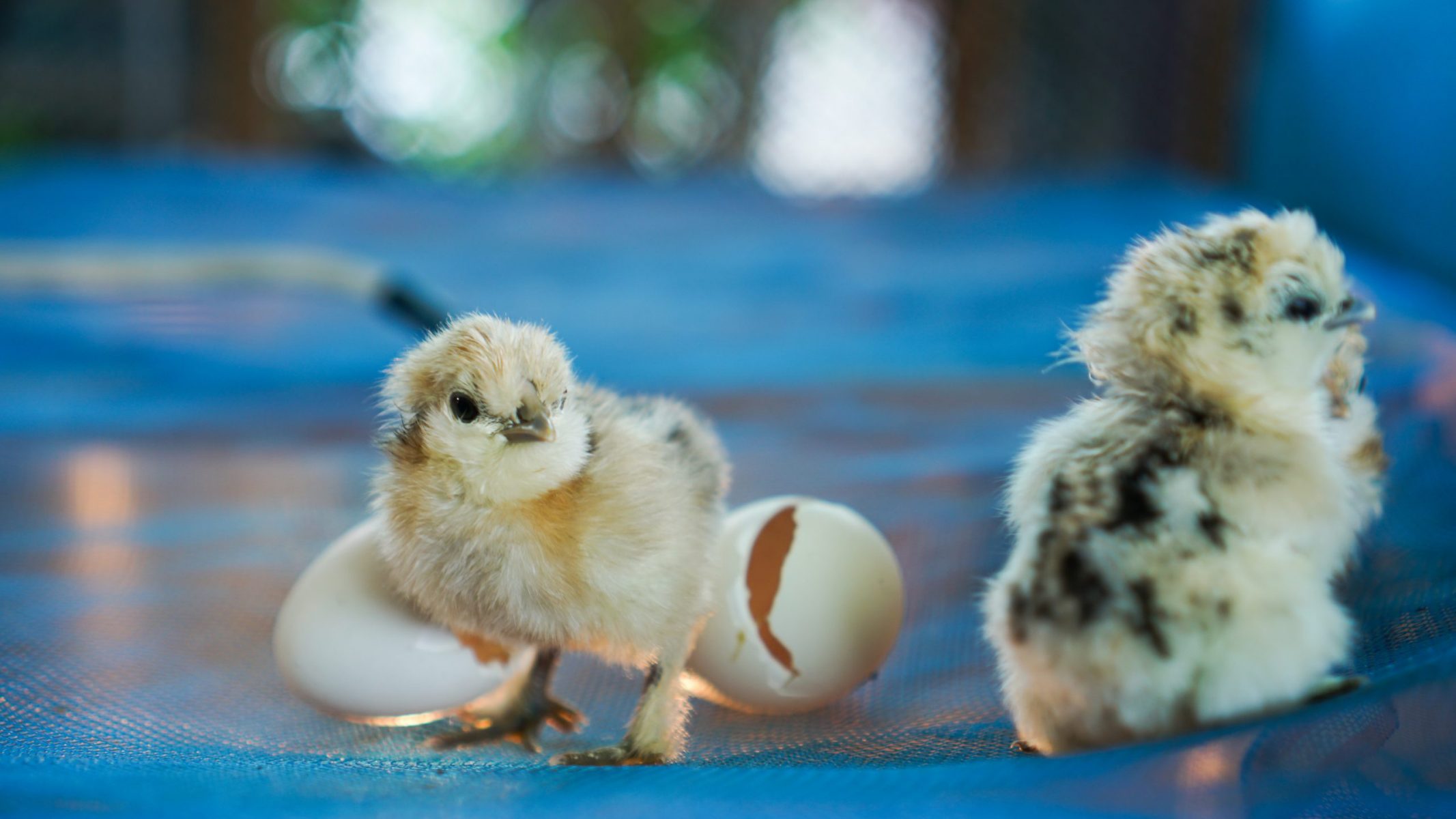
- Chicks are born with an instinctive knowledge of how to survive. They immediately recognize the presence of food, water, and shelter and will instinctively take shelter when frightened. This instinctive knowledge is why chicks are so easy to take care of and why chick husbandry is one of the most straightforward poultry husbandry practices.
- Chicks should be provided with ample space. Crowded conditions can lead to the spread of disease and can reduce egg production, so chicks should be kept in a large, clean, and spacious pen or coop.
- Chicks should be given a balanced diet. A balanced diet of grains and proteins is essential to ensure healthy growth, egg production, and overall health. Feeds should be tailored to the specific needs of the breed and age of the chicks, and should be changed as the chicks grow.
- Chicks should be monitored for signs of illness or distress. Signs of illness or distress include listlessness, decreased appetite, and an increase in droppings. If you observe any of these signs, you should immediately take action to treat the chicks.
- Chicks should be vaccinated to protect against disease. Vaccines should be administered at the recommended intervals and should be tailored to the specific needs of the breed and age of the chicks. Vaccines can protect against a variety of diseases, including Marek’s disease, coccidiosis, and Newcastle disease.
- Chicks should be handled with care. Chicks are fragile, and rough handling can cause injury or even death. Chicks should be handled gently, and any handling should be done in a calm, quiet environment.
Disease Control
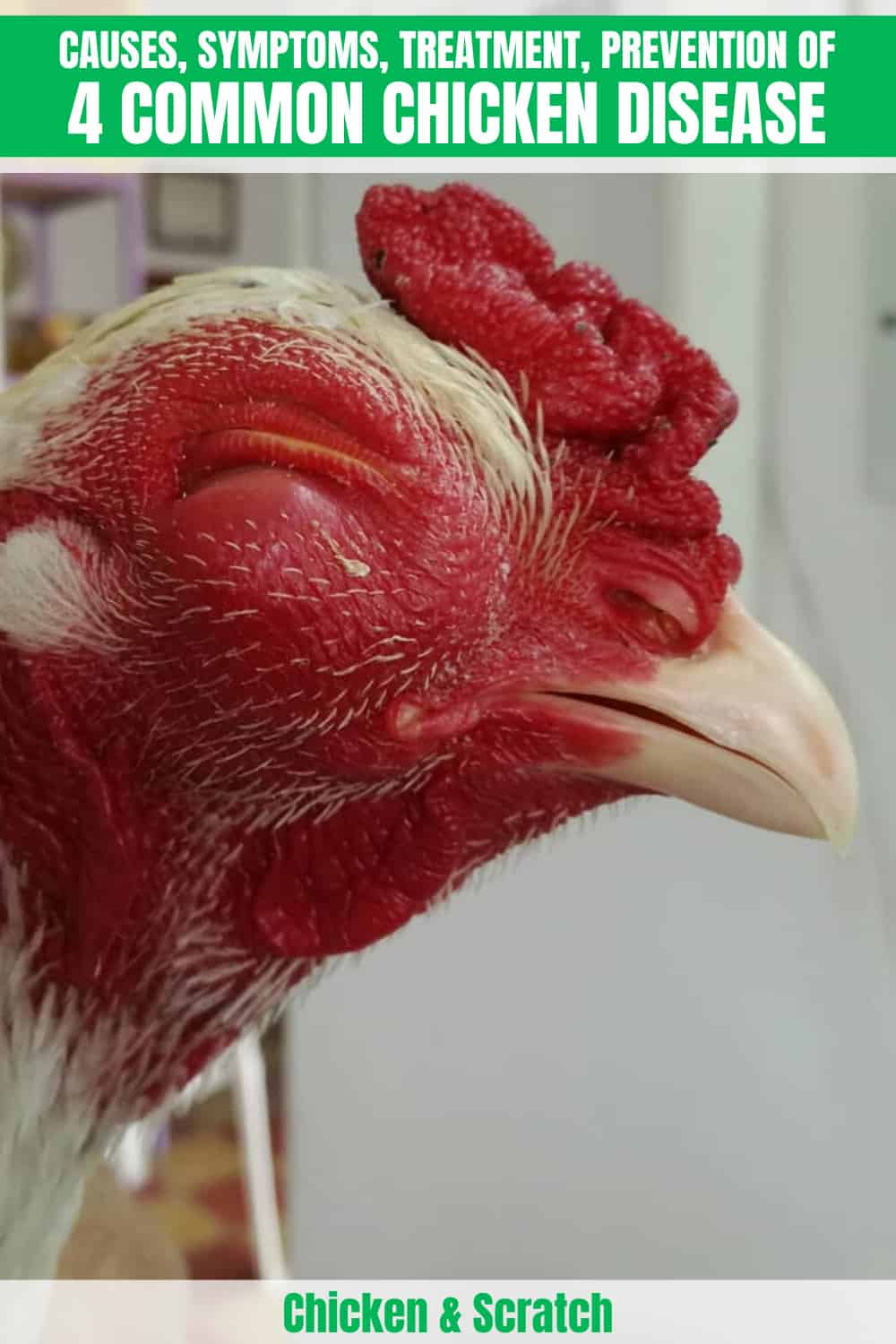
- Regular Vaccinations: Vaccinating your chickens regularly is essential to prevent serious diseases and keep them healthy. Commonly administered vaccines include Mareks, Fowl Pox, and Newcastle Disease.
- Sanitation Practices: Sanitation is key for disease control and prevention. Keep coops and nests clean to reduce the risk of spreading diseases. Clean and disinfect your coops regularly to keep your chickens safe.
- Proper Feeding: Provide your chickens with quality feed and fresh water to ensure that they are getting all the nutrients they need. Poorly balanced diets can lead to nutrition-related diseases and poor egg production.
- Parasite Control: Parasites, such as mites and lice, can cause serious diseases in chickens. Regularly inspect your chickens for signs of parasites and use appropriate treatments to control and prevent infestations.
Cleaning and Sanitation
Nest Boxes: Nest boxes need to be cleaned and sanitized regularly in order to promote healthy egg production. Nest boxes should be emptied and cleaned with a warm water and detergent solution at least once a week. After cleaning, the nest boxes should be sanitized with a bleach solution (1 part bleach to 10 parts water).
Feeders and Waterers: Feeders and waterers should be cleaned and sanitized regularly to reduce the risk of transmission of diseases. Feeders and waterers should be emptied and cleaned with a warm water and detergent solution at least once a week. After cleaning, feeders and waterers should be sanitized with a bleach solution (1 part bleach to 10 parts water).
Floor: The floor of the hen house should be cleaned and sanitized regularly. The floor should be swept and mopped with a warm water and detergent solution at least once a week. After cleaning, the floor should be sanitized with a bleach solution (1 part bleach to 10 parts water).
Coop: The walls and ceiling of the hen house should be cleaned and sanitized regularly. The walls and ceiling should be washed with a warm water and detergent solution at least once a week. After cleaning, the walls and ceiling should be sanitized with a bleach solution (1 part bleach to 10 parts water).
Frequently Asked Questions
What are the best housing and nesting options for maximum egg production?
Providing chickens with a safe, clean, and comfortable environment is essential to achieving maximum egg production. Housing should allow for adequate space and ventilation, and nesting boxes should be constructed with a slope and perch for increased accessibility. The nesting boxes should also be placed in dark, quiet locations away from drafty areas. Furthermore, it is important to use materials that are easy to clean and maintain in order to reduce the risk of contamination. Finally, a regular cleaning and sanitizing schedule should be implemented to ensure the highest egg production possible.
How Often Should Chickens Be Provided with Fresh Food and Water?
Chickens should be provided with fresh food and water daily. Water should be changed at least once per day and food should be replenished daily to ensure chickens have access to the nutrients they need for optimal health and egg production. Additionally, food and water dishes should be cleaned regularly to maintain a clean and healthy environment for the chickens.
What is the Ideal Temperature for a Chicken Coop?
Chickens are comfortable in climates ranging from 35-80°F, but the ideal temperature for a chicken coop is between 65-75°F. If the temperature drops below 35°F, chickens may become stressed, and if it rises above 80°F, they may suffer from heat stroke. During the winter months, it’s important to ensure the coop is adequately insulated and draft-free to maintain the ideal temperature. During the summer months, providing adequate shade and ventilation will help keep your chickens cool.
How often should eggs be collected from the nest?
- Daily: Collecting eggs once a day will ensure that the eggs are fresh and ready for consumption.
- 2-3 Times a Week: Collecting eggs 2-3 times a week will ensure that the eggs are not left in the nest for too long and that the nest is kept clean.
- Weekly: Collecting eggs once a week is a good practice for those who are less able to check on their chickens daily. It also ensures that the eggs have time to develop and mature properly.
It is important to note that the frequency of egg collection should be tailored to the individual hen’s needs and the specific environment in which they are kept. For example, if the environment is particularly hot and humid, eggs should be collected more frequently to reduce the risk of spoilage.
What are some common health issues associated with chickens and how can they be prevented?
Common health issues in chickens can include respiratory illnesses, parasites, mites, fungus infections, and egg-laying issues. To prevent these, it is important to practice proper sanitation and hygiene, ensuring the coop and enclosure are always clean and dry. Vaccinations may also be necessary for certain illnesses, and regular health checks are important to identify any potential issues. A balanced diet should be provided, as well as a dust-bath area to help reduce mite infestations. Regular check-ups with a veterinarian can help to identify and prevent any potential health issues.
Conclusion
Optimizing chicken husbandry practices for maximum egg production requires careful consideration of a number of factors, including bird health, nutrition, genetics, housing, and environmental conditions. By providing the right combination of these elements, farmers can ensure that their chickens have the best chance of producing the highest number of eggs possible.
It’s also important to remember that the welfare of the birds should not be overlooked. Using humane husbandry practices, such as providing adequate space, access to natural light, and dust-bathing areas, is essential for the overall health and wellbeing of the birds. With the right approach, farmers can ensure that their hens remain healthy and productive.
References
- Hens on Nest: How to Optimize Chicken Husbandry Practices for Maximum Egg Production. University of Maryland Extension
- Poultry Nutrition and Management. Penn State Extension
- Poultry Husbandry: Managing Egg Production. USDA National Agricultural Library
